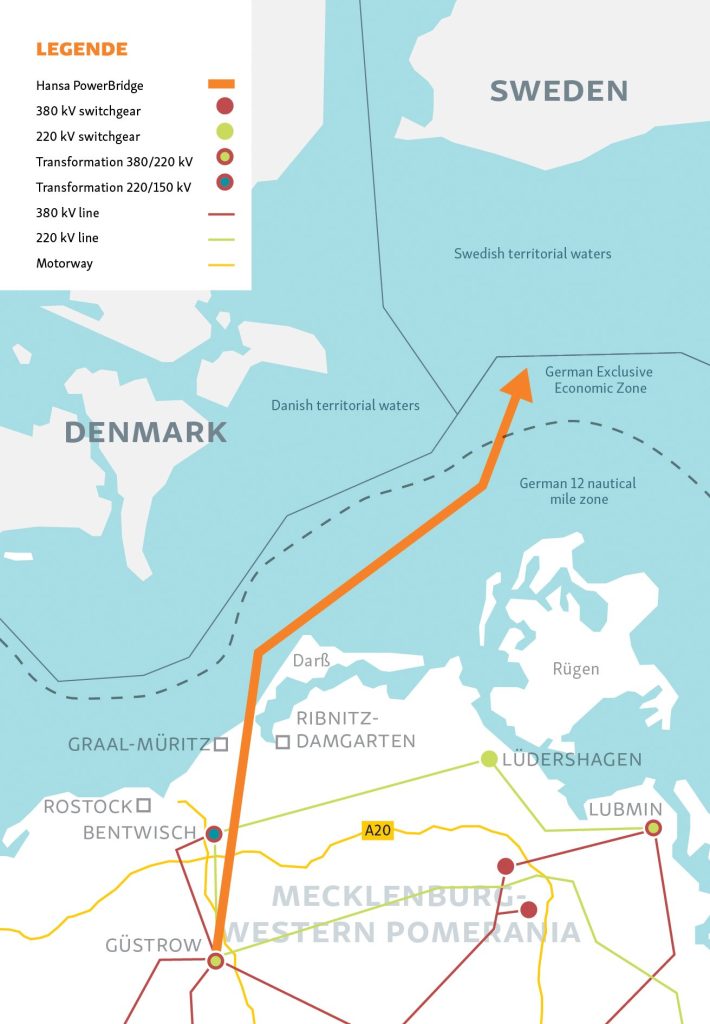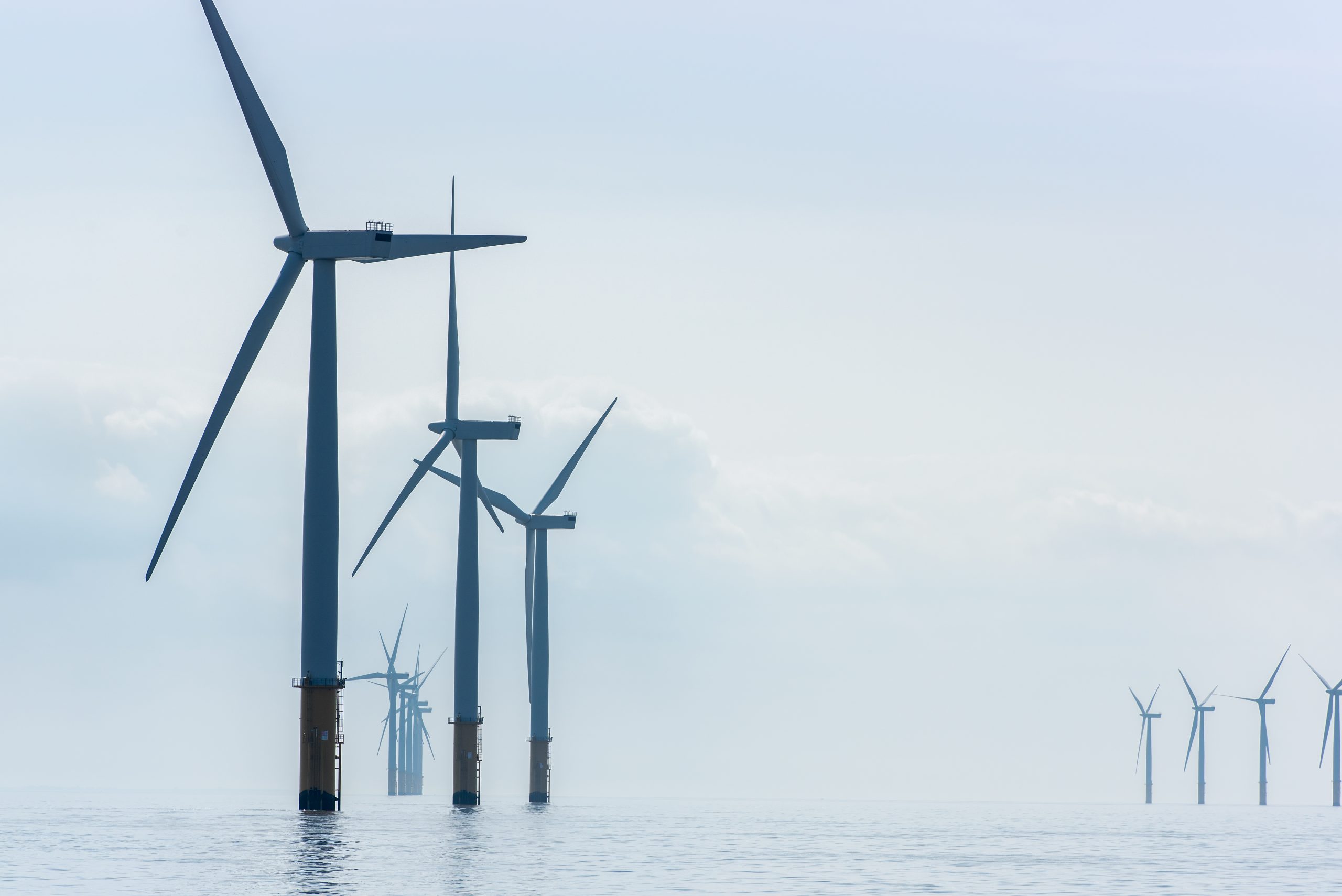Swedish government announced its decision to reject the proposed 700 megawatts Hansa PowerBridge project, a new subsea power connection between Sweden and Germany. According to Reuters, the rejection was grounded on concerns about the inefficiency of the German electricity market, which could adversely affect Sweden’s electricity prices and market stability.
As reported by Reuters Sweden’s Energy Minister, Ebba Busch, emphasized that connecting southern Sweden, which already faces a significant electricity production deficit, to Germany’s inefficient market could lead to higher prices and a less stable electricity market in Sweden. This statement highlights the Swedish government’s prioritization of national market stability over regional integration.

Source: 50Hertz
The Hansa PowerBridge, a collaborative initiative by grid operators Svenska Kraftnat and 50Hertz, aimed to enhance the flow of renewable energy from the Nordics to Germany and, conversely, to bolster the electricity supply in southern Sweden through German imports. However, Germany’s unified wholesale electricity market, plagued by grid congestion and the inability to efficiently transfer power from its wind-rich northern regions to its consumption-heavy south, remains a critical point of contention. This inefficiency has fueled calls for Germany to be divided into at least two pricing zones, a proposal met with resistance due to potential economic impacts on the southern industrial sector.
Contrastingly, Sweden operates with four distinct power price zones, allowing for more accurate price signals and market responsiveness. The Swedish government underscored this difference, noting that Germany’s lack of corresponding divisions exacerbates bottlenecks and market inefficiencies.
A 50Hertz spokesperson expressed disappointment over the missed opportunity to strengthen Europe’s internal electricity market but reassured that the Swedish decision would not compromise the future security of supply and system stability within the 50Hertz network area.
Source: Reuters














